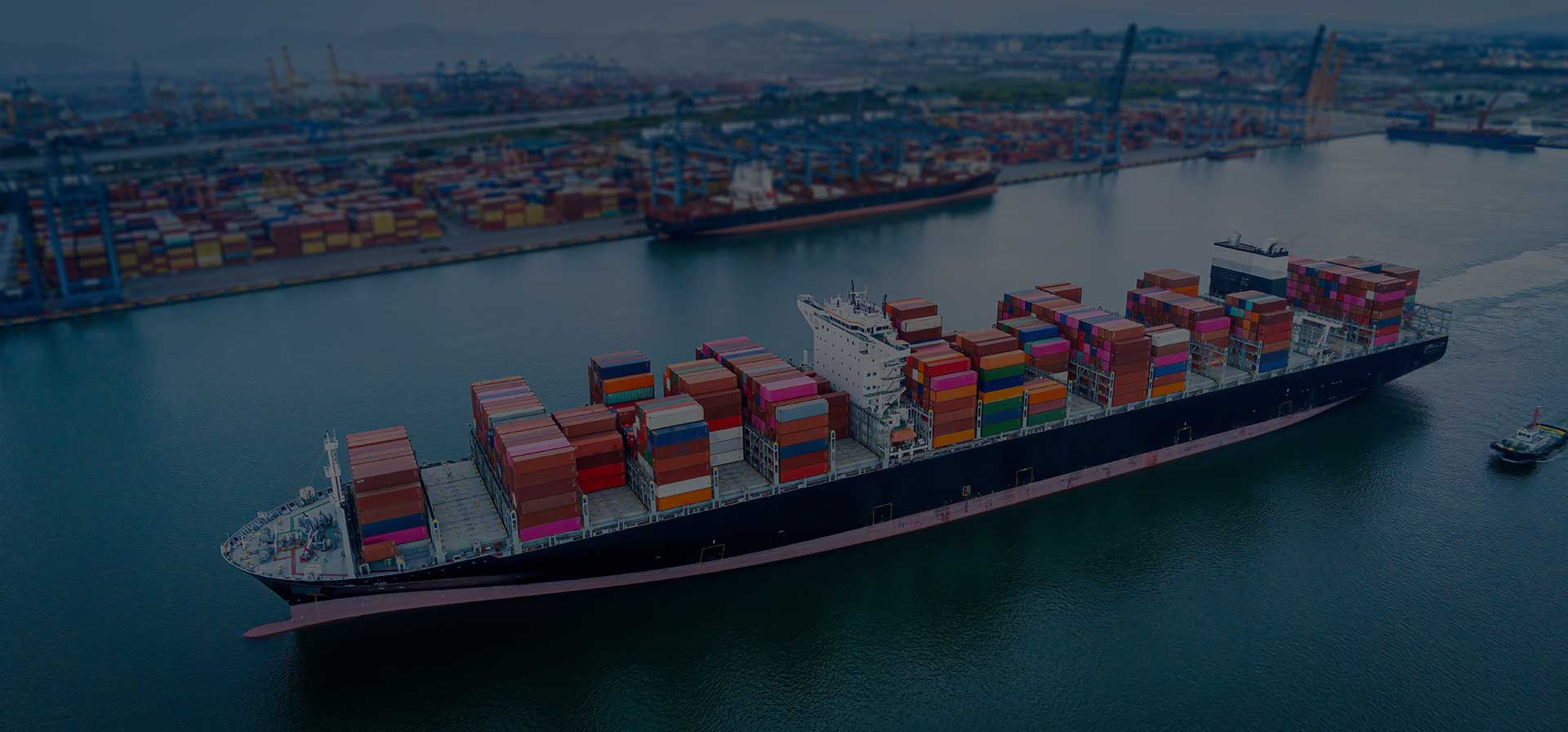Cargo insurance and inland marine insurance are both types of insurance coverage that protect goods while they are in transit, but they differ in their scope and applicability within the trucking industry:
- Cargo Insurance:
- Cargo insurance specifically covers the value of the goods being transported against loss, damage, or theft during transit.
- It is typically purchased by the owner of the goods (the shipper) or by the party responsible for transporting the goods (the carrier or trucking company).
- Cargo insurance provides coverage for the specific shipment or cargo being transported and may be tailored to the value, type, and characteristics of the goods.
- It protects the financial interests of both the shipper and the carrier by compensating for losses or damages to the cargo.
- Inland Marine Insurance:
- Inland marine insurance is a broader type of insurance that covers various types of property in transit over land or water, as well as property that is instrumental to transportation or communication (historically, it originated to cover goods transported over waterways, but its scope has expanded to include land transportation).
- Within the context of trucking, inland marine insurance may cover not only the cargo but also other property such as equipment, trailers, and even the truck itself.
- Inland marine insurance can provide coverage for a wide range of risks beyond just cargo loss or damage, including theft, vandalism, and certain types of accidents.
- It is often used to cover property that may not be adequately protected by traditional property or auto insurance policies, particularly when the property is frequently on the move or subject to unique risks during transit.
In summary, cargo insurance specifically protects the value of goods being transported against loss or damage during transit, while inland marine insurance provides broader coverage for various types of property involved in transportation, including cargo as well as equipment and other property essential to the trucking operation. Trucking companies may need both types of insurance coverage to adequately protect their assets and manage the risks associated with their operations.
Why Trucking Businesses Need Both
Trucking business owners may need both cargo insurance and inland marine insurance to ensure comprehensive protection for their assets and operations. Here’s why they might need both coverages:
- Comprehensive Coverage: Cargo insurance provides specific coverage for the value of the goods being transported. It protects against risks such as loss, damage, or theft of the cargo during transit. In contrast, inland marine insurance offers broader coverage that extends beyond just the cargo to include other property essential to the trucking operation, such as trailers, equipment, and even the trucks themselves. By having both types of coverage, trucking business owners can ensure comprehensive protection for all aspects of their operation.
- Risk Management: Trucking operations face various risks during transit, including accidents, theft, vandalism, and natural disasters. Cargo insurance and inland marine insurance work together to mitigate these risks by providing financial protection against potential losses. Cargo insurance specifically addresses the risk of damage or loss to the goods being transported, while inland marine insurance covers additional risks that may affect other property involved in the transportation process.
- Legal and Contractual Requirements: Trucking business owners may be required by law or contractually obligated to carry both cargo insurance and inland marine insurance. For example, shippers may require carriers to have cargo insurance to protect the value of the goods being transported. Similarly, inland marine insurance may be necessary to protect the trucking company’s assets and comply with legal or contractual requirements related to property insurance.
- Flexibility and Customization: Cargo insurance and inland marine insurance can be tailored to meet the specific needs and risks of the trucking business. By having both coverages, trucking business owners can customize their insurance policies to address the unique characteristics of their operations, including the types of cargo transported, the value of the assets involved, and the specific risks encountered during transit.
Overall, having both cargo insurance and inland marine insurance provides trucking business owners with comprehensive protection against the various risks and liabilities associated with their operations. It ensures that they have adequate coverage to safeguard their assets, fulfill contractual obligations, and mitigate potential financial losses resulting from unforeseen events during transit.




